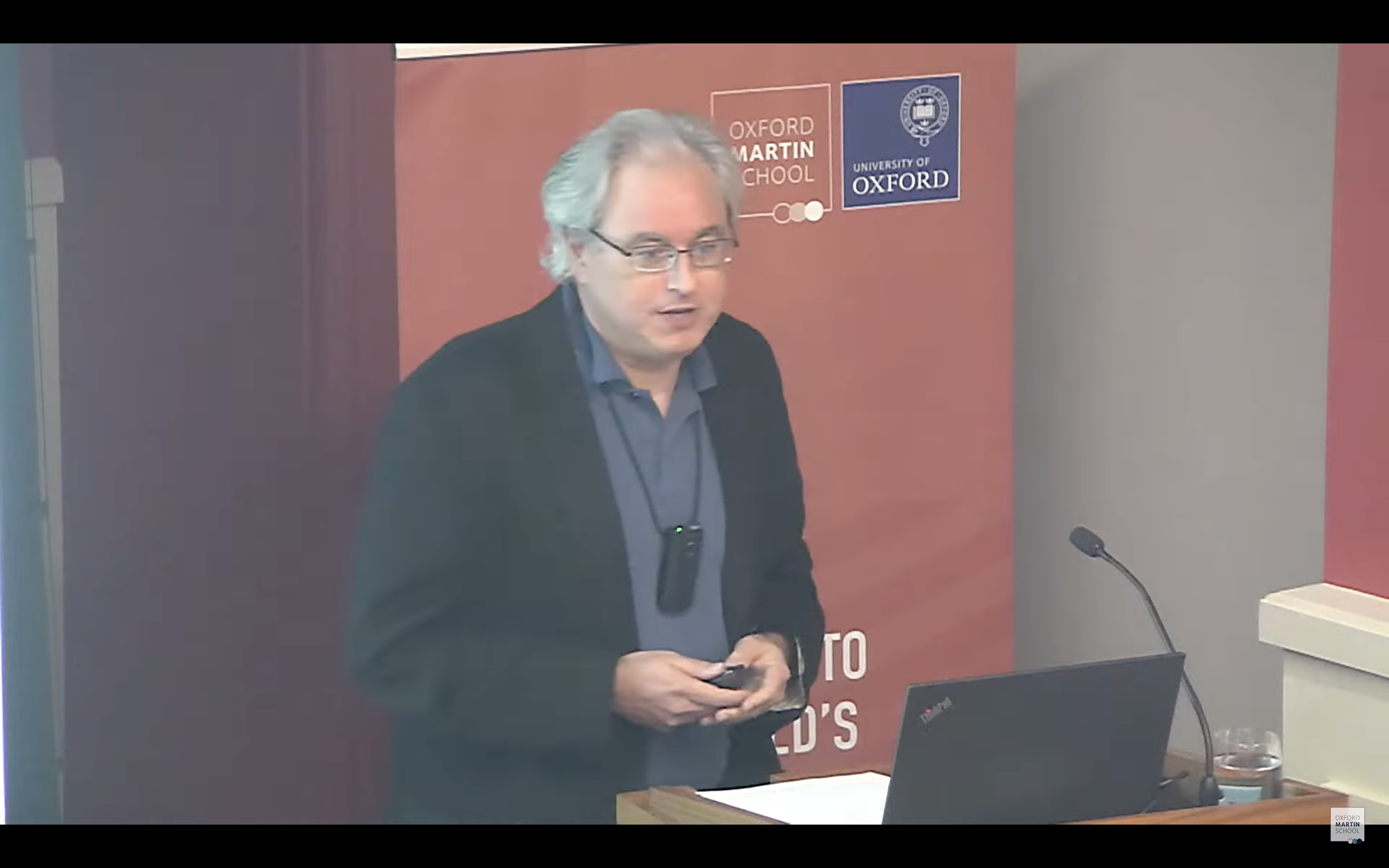The World Cup kicks off today in Russia, and for the players who perform well, it could earn them a transformative move to a European club. Are these moves a boon for fans and development, or are they an example of how migration and money have gone too far?
The move of a lifetime
A likely television audience of over 200 million—including English Premier League managers and scouts—will watch today the first of a series of games where footballers will undertake the biggest audition of their (or probably anyone else's) lives. A strong performance over 90 minutes could earn the top players a visa to Europe and transform their annual salary to some £2.6 million (the Premier League average).
In development, emigration is starting to be seen like trade—an important ingredient of growth. My CGD colleague Michael Clemens found that in the 71 countries that grew to middle-income or higher between 1960 and 2013, 67 had a concurrent rise in the stock of emigrants as a proportion of their population. For players based in lower-income countries like Morocco, Nigeria, and Senegal, these incomes can be particularly important back home in terms of remittances, investment, and networks.
But with only 11 players starting per football club, isn’t this a classic case of another migrant taking a job that would otherwise be done by a native? And isn’t the amount of money completely disproportionate to the talent? And what has football really got to do with real life? Here I look at these questions.
Are footballers just a lump of labour?
In general, the idea that when migrants arrive they deprive a “native” of a job is a fallacy both theoretically (because the migrant’s consumption creates jobs) and empirically (because large influxes of migrants don’t increase unemployment). This is known as the “lump of labour fallacy.”
While it’s true that in football there are only 11 players in the starting line-up, the extra quality that migrants bring to a league attracts new supporters, which in turn creates new jobs on the playing staff (through bigger squads), in coaching, TV, and on the commercial side.
Pairing the best players with the biggest platforms makes sense for fans and players alike. The infrastructure of stadia, leagues, and television technology at the big clubs enable more fans to appreciate a player. This is the same as migration everywhere—pairing ability and commitment with the capital creates more output.
But aren’t players paid too much?
Top footballers do indeed earn too much because TV money is inflated by clubs’ market power. But while competition authorities allow football to generate huge sums, who other than the players deserve them? Their earnings largely reflect that so many of us are willing to pay to watch them, and television technology means that we can.
Take the Champions League final a fortnight ago between Liverpool and Real Madrid—similar past audiences were estimated at around 180 million people. If each subscriber paid €10, then the revenue would be €1.8 billion. Who deserves that? The stadium owners, the TV crew, presenter, and commentator need some—but it’s the players who create the spectacle. For 48 squad members, that’s over €37 million each.
These substantial financial rewards attract talent. They create incentives for Bale, Ronaldo, or Salah and their parents to devote their lives to practising football and tempt them away from other careers.
Science, football, and life
But what has all this got to do with real life? Surely football is just a sport. Football is unique because skill level is almost completely observable. So, talent is recognised and rewarded quickly. It’s clear that Messi, Ronaldo, Pele, and Maradona are the best—and even an amateur fan can see it. The best players are easy to spot and fans quickly accept them in their teams for the same reason.
Contrast this with talent in other sectors, like science or entrepreneurship. Imagine if the Pele of science was in Russia or Saudi Arabia. With the best equipment and colleagues, perhaps that scientist could cure cancer, or make the key breakthrough in mitigating climate change—but will he or she be spotted and allowed to move?
Top-level football is remarkably liberal when it comes to migration, and the world’s audience and players both reap the benefits. So, tune in today and enjoy watching the players compete in one of the biggest auditions you’ll ever see. And marvel at the lost talent in other sectors that are less transparent and less open to matching talent with capital.
CGD blog posts reflect the views of the authors, drawing on prior research and experience in their areas of expertise.
CGD is a nonpartisan, independent organization and does not take institutional positions.





